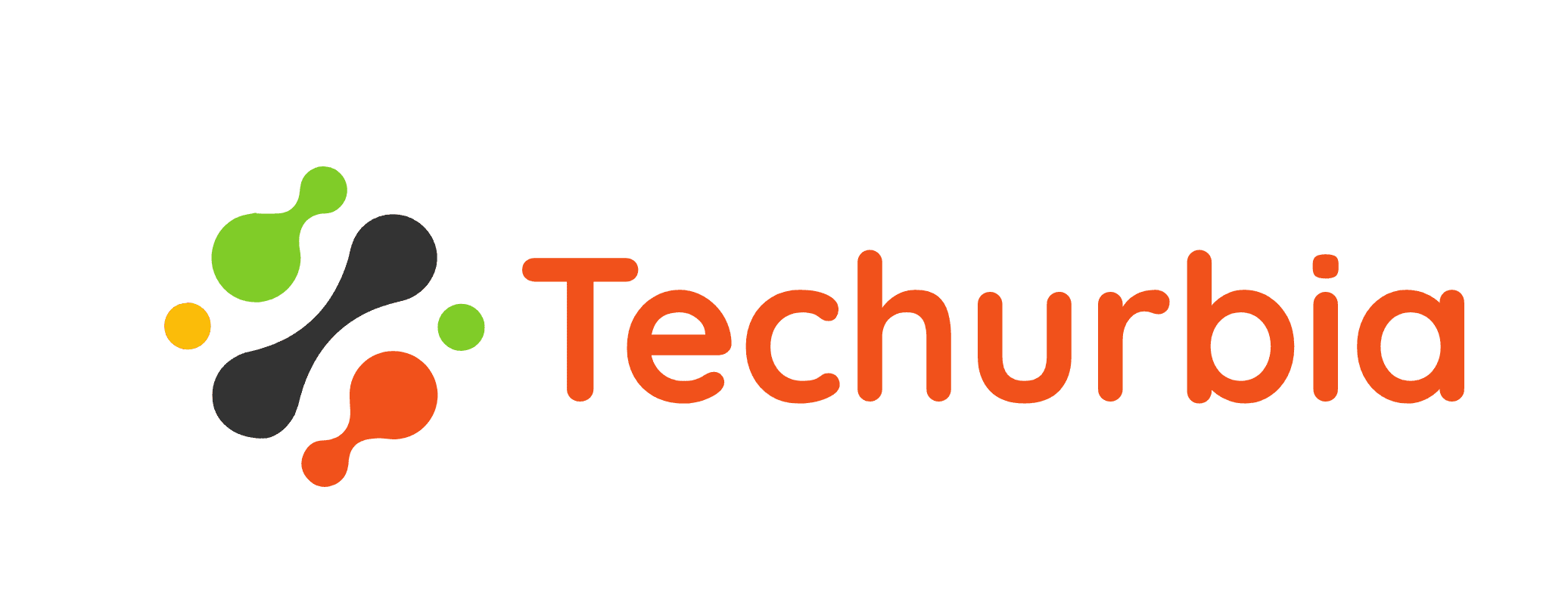Artificial intelligence is transforming the legal industry. Enter the AI attorney – chatbots that can provide personalized legal advice and services to consumers. These virtual legal assistants are poised to become accessible and affordable personal lawyers that can understand questions in natural language, search large databases of legal information, and then provide customized answers and recommendations to each user through messaging apps, websites, and voice assistants. While still an emerging technology, legal chatbots are able to handle an expanding range of legal issues from landlord-tenant disputes to filing paperwork and as the technology improves, so will their capabilities.
One of the main benefits chatbots provide is making basic legal services more accessible and affordable by democratizing legal help. Hiring a human lawyer can be prohibitively expensive for many, preventing people from getting professional advice but AI attorneys have the potential to make legal guidance more affordable and personalized. For simple matters like contesting a parking ticket or creating a will, a legal chatbot can provide tailored guidance at a fraction of a traditional lawyer’s cost. They can also help explain legal processes and paperwork in plain language since the average person often finds legal jargon and systems confusing to navigate on their own.
While chatbots will not fully replace human lawyers yet, they can take on some of a lawyer’s key duties and be personalized legal assistants. Legal chatbots can conduct legal research, provide advice, and complete documents tailored to each client’s specific situation. For example, a tenant could have a conversation with a chatbot covering their particular lease terms and options when facing eviction. The AI attorney could then offer next step recommendations unique to that user’s problem after assessing their individual scenario. So while human lawyers will still handle complex case strategies, chatbots can automate routine legal work which makes legal help more accessible.
One common area where legal chatbots shine is interpreting dense terms and conditions that we encounter everywhere like while signing up for social media, downloading apps, and purchasing products. Large blocks of legal jargon are difficult for the average person to fully understand but they pose no problem for an AI assistant. Users can send contracts, warranties, and other documents to the chatbot which will rapidly read and analyze the terms, then clearly explain any areas of concern in simple language instead of complicated legalese. This helps overcome companies taking advantage of customers not reading the fine print. Now your personal AI lawyer can read and interpret it for you and highlight any potential pitfalls.
3 Legal Chatbot Use Cases
Legal chatbots have many practical uses in people’s daily lives:
- Tenants – A renter is dealing with mold issues but their landlord is unresponsive. They describe the situation to their AI attorney, which lets them know their rights and next steps like contacting housing authorities.
- Consumers – A customer finds erroneous charges on their internet bill. They send the bill to their legal chatbot, which parses the terms and advises them on steps to dispute the charges.
- Entrepreneurs – An entrepreneur needs help understanding legal requirements to start their small business. Their AI lawyer provides an overview of licenses and permits needed, recommends business structures, and offers to file paperwork.
The rise of legal chatbots means we all can soon have a knowledgeable AI attorney in our pocket to help demystify our legal questions and paperwork. They empower people by making legal help more equally accessible. So next time you encounter confusing legal forms or need advice on an issue, don’t hesitate to consult your AI lawyer.








